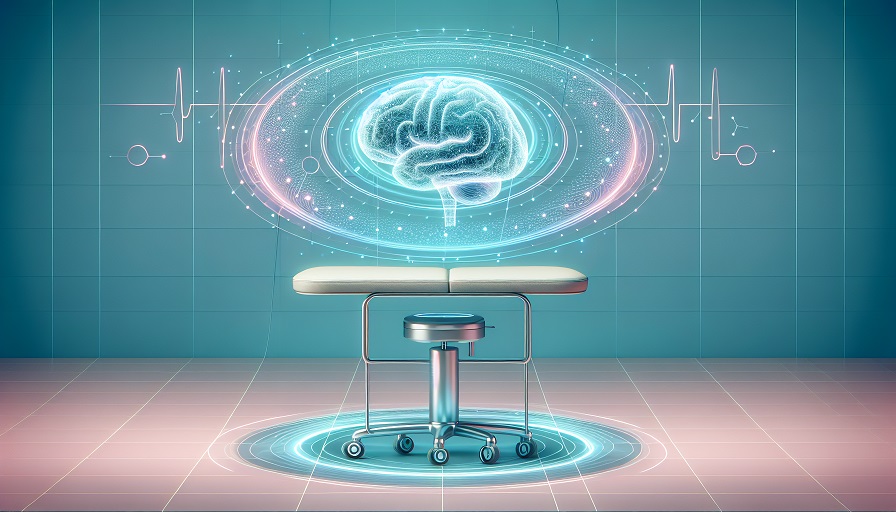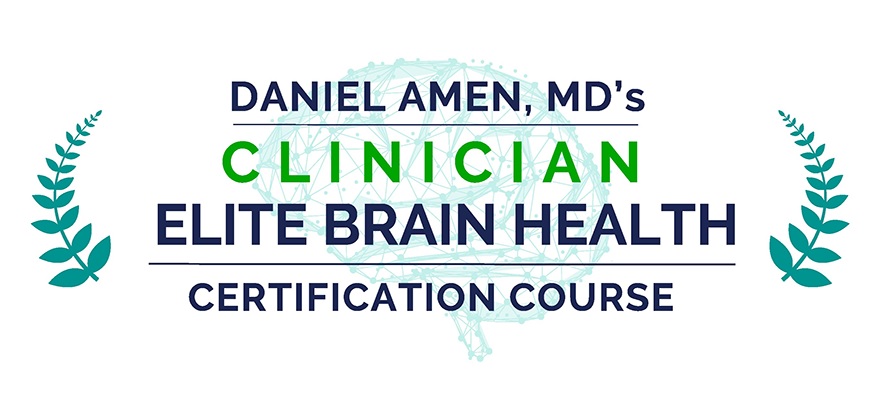
When people think about aging well, they often picture staying physically strong enough to climb stairs, travel, or play with grandkids. Those are wonderful goals. Yet ask almost anyone what they fear most about getting older, and you will hear a different answer: losing their memory, their clarity, or their sense of self.
At the center of that fear and that hope sits one organ, the brain. A flexible, supported brain can help you stay engaged with life even as your body changes. A struggling brain can make every other wellness effort feel like pushing through mud.
The connection between brain health and aging well is not just a catchy idea. It shows up in everyday life. The way you care for your brain now influences how you will think, feel, and function in the years ahead.
Contents
What It Really Means To “Age Well”
Aging well is more than avoiding illness. It is about staying as clear, connected, and independent as possible for as long as you can.
Beyond Years On A Calendar
Two people can be the same age in years but live very different daily lives. One might still learn new skills, enjoy conversations, and laugh often. The other might feel cut off, foggy, or stuck in survival mode.
The difference is not just luck. Genetics play a role, but so do decades of habits, environments, and medical care that have either supported or stressed the brain.
Quality Of Life Starts In The Brain
Your brain helps you:
- Remember names, stories, and daily tasks.
- Manage emotions and bounce back from losses.
- Stay curious about the world around you.
- Make decisions and solve problems.
- Enjoy relationships and meaningful activities.
Without a reasonably healthy brain, even simple parts of life can feel overwhelming. That is why protecting your brain is one of the kindest things you can do for your future self.
How The Brain Changes With Age
Aging often brings brain changes, but they are not the same for everyone. Some are typical. Others are linked to lifestyle or disease.
Normal Brain Aging
As the years go by, it is common to:
- Take a bit longer to recall names or details.
- Need more repetition to learn new information.
- Feel less eager to multitask or rush from one thing to another.
These changes can be annoying, but on their own they do not mean your brain is failing. In many ways, older brains can be wiser, better at seeing the big picture and less driven by impulses.
When Changes Are More Concerning
Red flags include:
- Frequently getting lost in familiar places.
- Forgetting important events or repeating the same questions often.
- Major personality shifts that friends and family clearly notice.
- Big changes in judgment, such as unusual spending or vulnerability to scams.
These signs deserve a professional evaluation. Sometimes they point to reversible problems, such as medication side effects, sleep issues, or mood disorders. Other times they may signal more serious conditions. Either way, early attention gives you more options.
Everyday Choices That Shape Brain Aging
While no one can control everything, many day to day choices have a real impact on how your brain ages. Think of them as levers you can gently pull over time.
Sleep: Nightly Housekeeping For The Aging Brain
Sleep problems often become more common with age, but they are not something to shrug off. During deep sleep, your brain helps clear waste products and reset many systems.
Poor sleep, night after night, can leave you foggy and emotionally fragile. Over years, it can add to the burden on brain cells. Protecting your sleep with consistent routines, a calming wind down, and, when needed, medical help for conditions like sleep apnea, is a powerful brain aging strategy.
Movement: Protecting Brain Function One Step At A Time
Regular physical activity improves blood flow and supports chemicals that help brain cells grow and connect. People who move more tend to maintain better thinking skills and mood over time.
You do not have to run races. Walking, gentle strength training, stretching, and activities like dancing or gardening all count. The key is regular movement that fits your body and your stage of life.
Nutrition: Fueling A Long-Lasting Brain
Diets rich in whole foods, especially vegetables, fruits, whole grains, healthy fats, and lean proteins, are consistently linked with better brain aging. They help stabilize blood sugar, reduce inflammation, and provide building blocks for brain cells.
Over time, small shifts, such as cooking more at home, drinking more water, and relying less on highly processed snacks, can support a clearer, more resilient brain.
Stress Management: Teaching An Older Brain To Feel Safe
Chronic stress keeps the brain’s alarm systems active. That constant tension can make it harder to sleep, remember, or stay emotionally balanced.
Integrating calming practices, such as breathing exercises, time in nature, prayer or meditation if that fits your beliefs, and setting limits on obligations, gives your aging brain more chances to reset. These are not luxuries. They are maintenance tools.
The Power Of Connection And Mental Engagement
Brain aging is not just about what you put in your body. It is also about how you use your mind and who you share life with.
Relationships As Brain Support
Strong social ties are one of the most consistent predictors of healthier aging. Conversations, shared activities, and emotional support all challenge and comfort the brain.
Staying connected can mean family, friends, volunteer work, clubs, faith communities, or online groups used in a balanced way. The form matters less than the feeling that you are seen and valued.
Learning New Things Keeps The Brain Flexible
Learning in later life is like exercise for your brain. New skills and information encourage the brain to form fresh connections.
You might:
- Take a class or workshop.
- Learn a language or an instrument at any age.
- Pick up a new hobby, such as painting, gardening, or woodworking.
- Read about topics you have never explored before.
The goal is not perfection. It is curiosity. A curious brain tends to stay more engaged with life.
When To Seek Brain-Focused Help As You Age
Sometimes, despite good habits, you or someone you love may notice worrying changes. Early support can make a big difference.
Signals That Deserve Attention
It is wise to talk with a healthcare professional if you notice:
- Rapid memory decline or confusion that is new.
- Major mood changes, such as deep depression or strong anxiety.
- Sudden difficulty managing daily tasks or finances.
- Unusual behavior that is out of character.
These signs do not always mean something severe is happening, but they do mean your brain deserves a closer look.
The Role Of Brain Health Specialists
More clinicians are pursuing advanced training in brain health so they can better understand and support the aging brain. These professionals look beyond simple checklists. They consider head injuries, sleep, nutrition, medications, emotional history, and lifestyle.
Working with a brain informed practitioner can help you sort out which changes are typical, which may be related to medical or lifestyle issues, and what steps can support your mind moving forward. For some healthcare providers, advanced brain health certification is one way they prepare to guide older adults more effectively.
Practical Steps You Can Start Today
Aging well in brain terms is built on small steps, repeated over time. You do not need to overhaul everything at once. Choose one or two areas to start.
- Go to bed a bit earlier and keep a more consistent sleep schedule.
- Add a short walk or gentle movement to most days.
- Include more colorful foods on your plate and drink more water.
- Reach out to a friend or join a group that interests you.
- Set aside a few minutes to learn something new or practice a hobby.
Each choice is like a small vote for the kind of brain you want to carry with you into later life.
Growing Older With A Brain You Can Rely On
Getting older is not optional. How you experience it, at least in part, is. Brain health will not erase every difficulty, but it can soften many of them and strengthen your ability to cope.
By caring for your brain as you would care for any precious resource, you give yourself the best chance to stay present, connected, and purposeful as the years go by. And if you need extra help along the way, reaching out to brain informed professionals is not a failure. It is a wise act of partnership with the organ that carries your memories, your relationships, and your sense of who you are.
The link between brain health and aging well is simple at heart. Protect your brain, and you protect the part of you that experiences every moment of your life. That is a worthy investment at any age.

